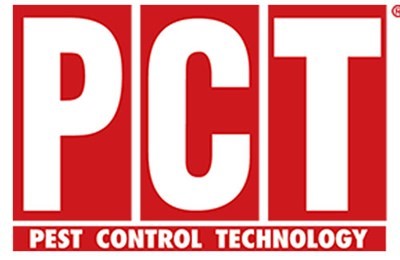Today, social media and online reviews are taken into consideration just as much as word of mouth to make buying decisions. With more and more people turning to online resources before making a purchase, it is important to understand and evaluate what you are reading. Some companies have been known to post their own positive reviews or compensate customers for leaving positive reviews, try to get negative reviews removed, or post critical reviews of competitors. Knowing this can make it hard to trust what you are reading. Below is a checklist that will help you recognize if a review can be trusted.
Here are five key steps to follow:
- Check out the reviewer
Look at multiple reviews by the same reviewer to help you decide how much trust to put on the opinions of that person. Read the reviewer’s posts on products, businesses, and services other than the one you are looking to buy, and take the opinions of “one-time” or “first time” reviewers lightly.
Reviewers, by law, are required to disclose if they have a connection to a company, but some companies may have family and friends write reviews or pay people to contribute reviews without recognizing the connection. An internet search of the reviewer will often reveal if they have a connection to the company.
- Be wary of similar wording in reviews
One way to get a feel for whether or not you’re reading a legit review is to read through all the company’s reviews across multiple sites. If you notice many of the reviews are using similar wording, it may be an indication that the reviewers are being paid for reviews. People who are paid to write reviews are often provided the content to use, so be cautious of reviews with similar phrasing.
- Read multiple reviews on several sites
Compare reviews on multiple sites so you can determine whether there is a trend. You want to read many opinions before you decide if there’s a trend happening. Generally, at least 2 dozen reviews is a good guideline.
- Discount extremely positive reviews
If a reviewer is going completely over the top making extremely positive comments or if every single review you read about a business is positive, reviewers may have been provided an incentive. You can also use this free website Fakespot.com that analyzes the reviews on certain sites and reports on how trustworthy the reviews are.
- How the company deals with reviews
Another important thing to consider is how the company is dealing with negative reviews they receive. Are they ignored? Are multiple people complaining about the same thing suggesting that the company is not doing anything to change its processes? You should see some company interaction with the reviewers, positive or negative, but especially with negative reviews. You should see the company offering solutions and trying to satisfy the customer.










